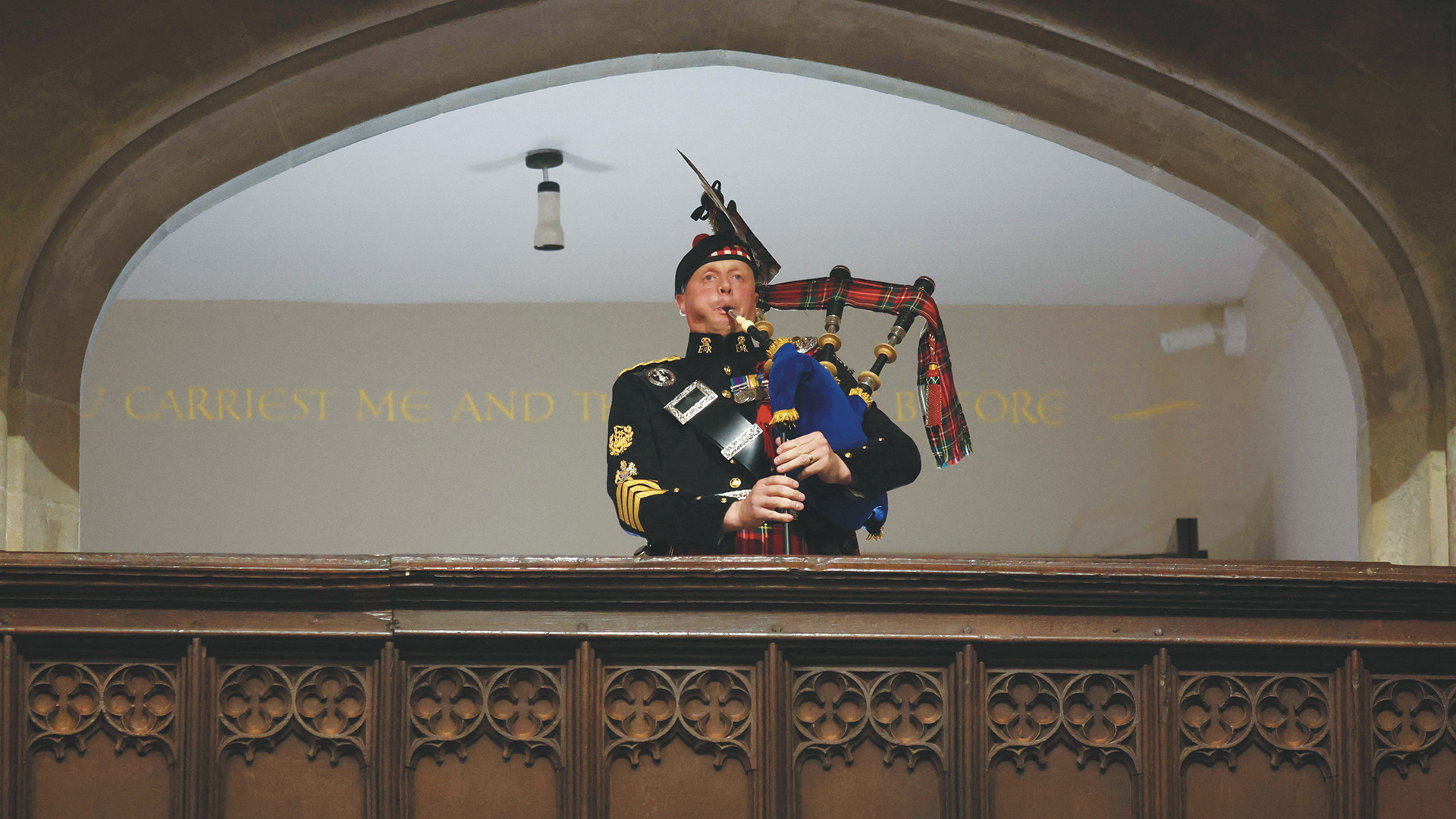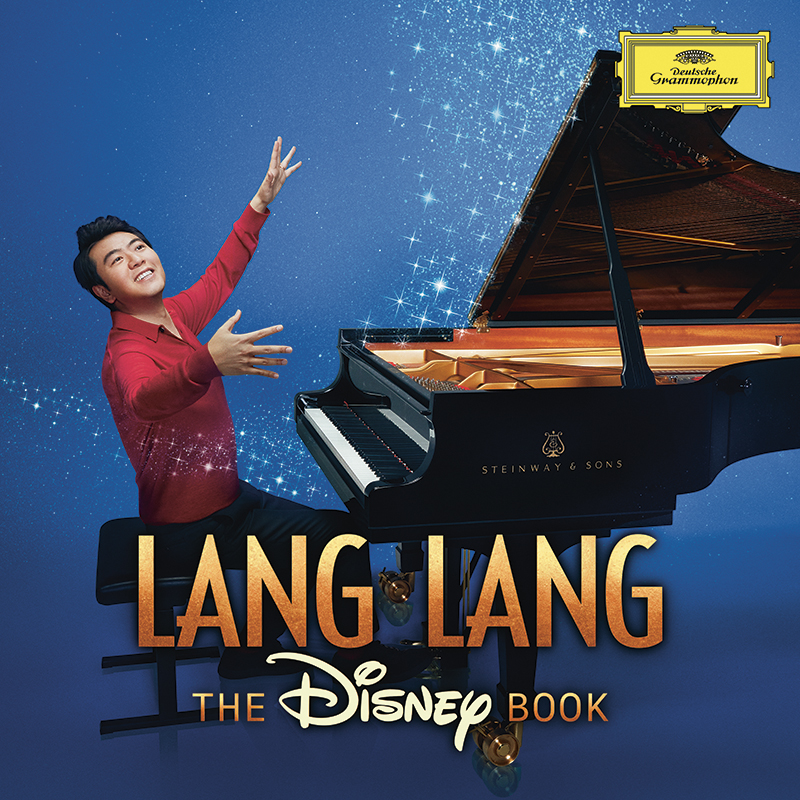“I’ll just put the telly on for a bit,” I announced, fully believing the intention. I’d catch some of the funeral coverage, then get on with work before getting sucked in to the endless commentary that would inevitably be as useful as a scatter cushion. Bank holidays – particularly ones you hadn’t planned for – aren’t much of a treat when you’re self employed. I watched the pallbearers with fascination, transfixed by orb and sceptre, polished into position on top of the coffin. The pipers and drummers of Scottish and Irish regiments, the Brigade of Gurkhas and Royal Air Force continued their solemn beat. I took my place on the sofa.
The services at Westminster and Windsor – and all the traipsing in between – were visually spectacular. The uniforms, containing accoutrements beyond our daily vocabulary; the flowers – those individual bunches, so punctiliously placed on the castle lawns; the crowds – and the crowd control. But the sound was on another plane. Silence was broken most poignantly by the Queen’s Piper, who exited with heartbreaking poise, his duties complete. The music, whether it was the well-worn Thou Knowest Lord by Purcell, or the new pieces – a setting of Psalm 42 by Master of the Queen’s Music Judith Weir and Who Shall Separate Us? by James MacMillan – were exquisite.
As congregations across the UK sang God Save The King, this was a production with music at its centre.
I checked my watch – it was too late to start writing now. And anyway, I needed to do an internet deep-dive on Emma the pony.
In the aftermath of the funeral – and in the context of a newly released government plan for music, intended to “ensure all pupils receive a high-quality music education, strengthen the creative pipeline and help create the musicians and audiences of the future” – there were mutterings that the commemorations had demonstrated how vital music is to the nation. It’s true that the service would have been less meaningful without Vaughan Williams’s O Taste and See, an anthem composed for the Queen’s coronation, which offered a musical bookend of 70 years of service. It might have felt less familiar without hymns like The Lord’s My Shepherd, popular at weddings and funerals in churches far less fancy than the ones captured on camera.
But it is also true that the value of music is murky; its presence and purpose both taken for granted and misunderstood. When the Queen’s death was announced, the Proms – then in its final week – was cancelled immediately, despite much of the audience for the evening concert already in attendance. In lieu of the planned programme, the Philadelphia Orchestra played the national anthem and Elgar’s Nimrod. It was confirmed that following concerts would not go ahead, including the Last Night of the Proms. It was the first time since the Second World War that the Last Night has not taken place in some form.
What was intended to be a mark of respect to the royal family felt like a missed opportunity. There is plenty of royal music, as heard throughout this jubilee year and broadcast on BBC Radio 3 during the mourning period. Programmes can be tweaked, as they were when Diana died and the 2001 terrorist attacks happened. To silence the Royal Albert Hall, particularly after two years of disruption, was unnecessary. As writer Philip Pullman noted on Twitter in direct response to the BBC Proms team, it was “a very bad idea”.










